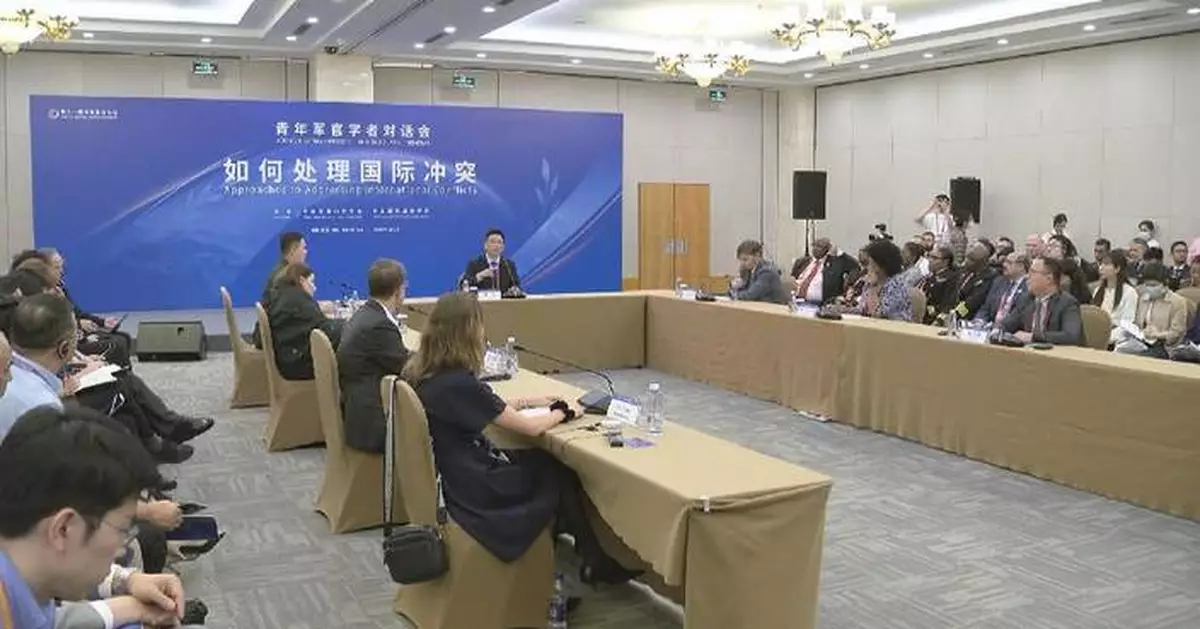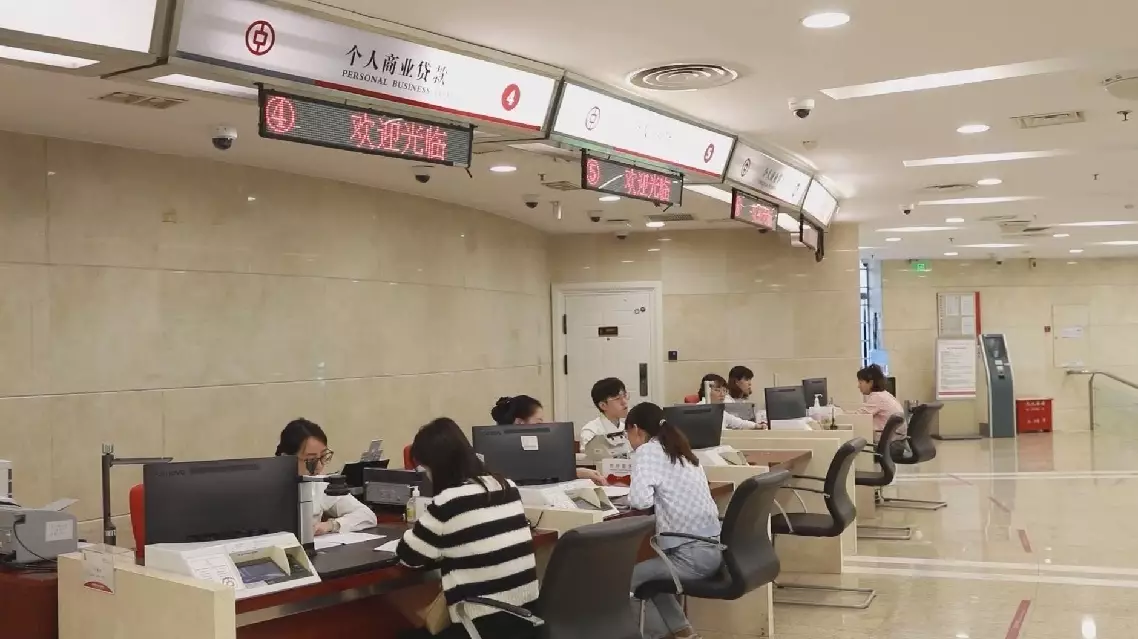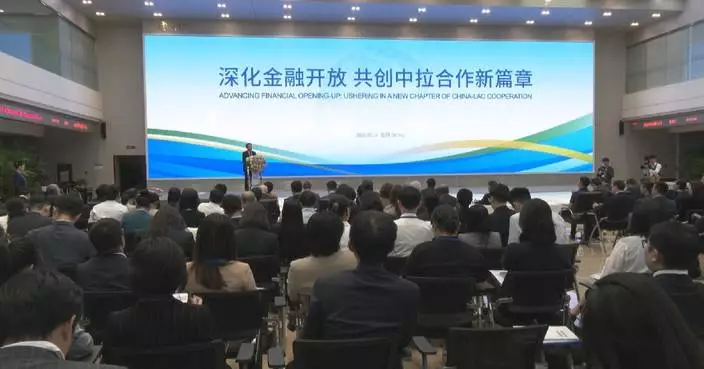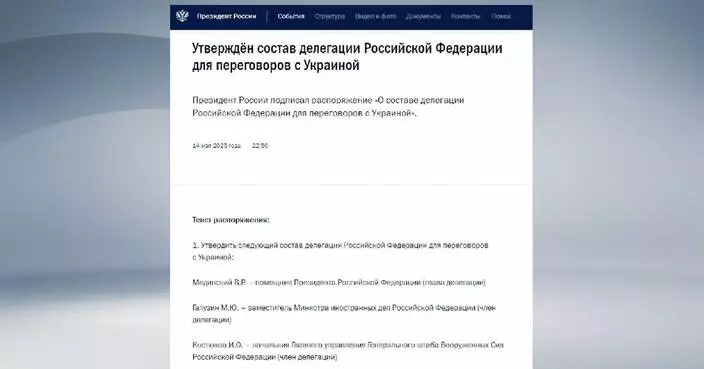More diplomatic and development-based approaches to peace-building are needed to tackle mounting international conflicts, global representatives and security experts agreed during discussions at the 11th Beijing Xiangshan Forum, taking place in Beijing from Thursday to Saturday.
Under the theme of "Promoting Peace for a Shared Future," this year's forum features critical discussions on global security, regional stability, and innovative technologies in defense. It has attracted the widest attendance in its history, with participants from 100 countries and organizations.
At the "Young Military Officers' and Scholars' Seminar", part of the forum, hot-spot issues such as the Palestinian-Israeli conflict and the Ukraine crisis received widespread attention.
Participants stressed that these conflicts have complex historical causes and cannot be resolved in a short time, but the international community, such as the UN, should reach a consensus and jointly resolve differences and challenges through diplomatic means such as dialogue and consultation and international organizations.
"Nowadays there also seems to be an increasingly dangerous trend in which some countries think that the military solutions could be a shortcut to a very complicated conflict. However, military cannot solve all those very complicated issues. It can make all those issues even more complicated. Therefore, we still need to re-prioritize the role of diplomacy in all those conflict solutions," said Zhou Yiqi, associate research fellow at the Institute for Public Policy and Innovation Studies of the Shanghai Institutes for International Studies.
"The UN has another use of being an arena, I think, in which we could see a positive competition between great powers, a competition for delivering peace as a public good like development, for example, already is, and in which it would be useful to have different approaches to peace building. I think this would also be a productive way in which to channel the current tensions that we're seeing between great powers," said Pascal Alexander Abb, senior researcher at the Peace Research Institute Frankfurt.
Many participants spoke highly of China's important role in maintaining global security and de-escalating regional tensions.
"China is doing very well. China is trying to promote peace, China is trying to promote the economic cooperation, the whole world. China has been able to actually bring Hamas and Fatah together. China has been able to bring Iran and KSA, that is Saudi Arabia together. China is also working on promoting peace between Ukraine and Russia, so I am very positive that China is playing a very, very good role, positive role in the word peace," said Raza Muhammad, a Pakistani representative.
"I think China is absolutely right in saying we need more dialogue, we need more engagement, we need more respect, more trust, and we need just to come to the table with equality and so without prejudice and without thinking about one country being superior to others," said Francesca Giovannini, an Italian representative.
Others said that in the face of continuous international conflicts, a new security path featuring dialogue rather than confrontation, partnership rather than alliance, and win-win rather than zero-sum should be the solution to international conflicts pursued by all countries.
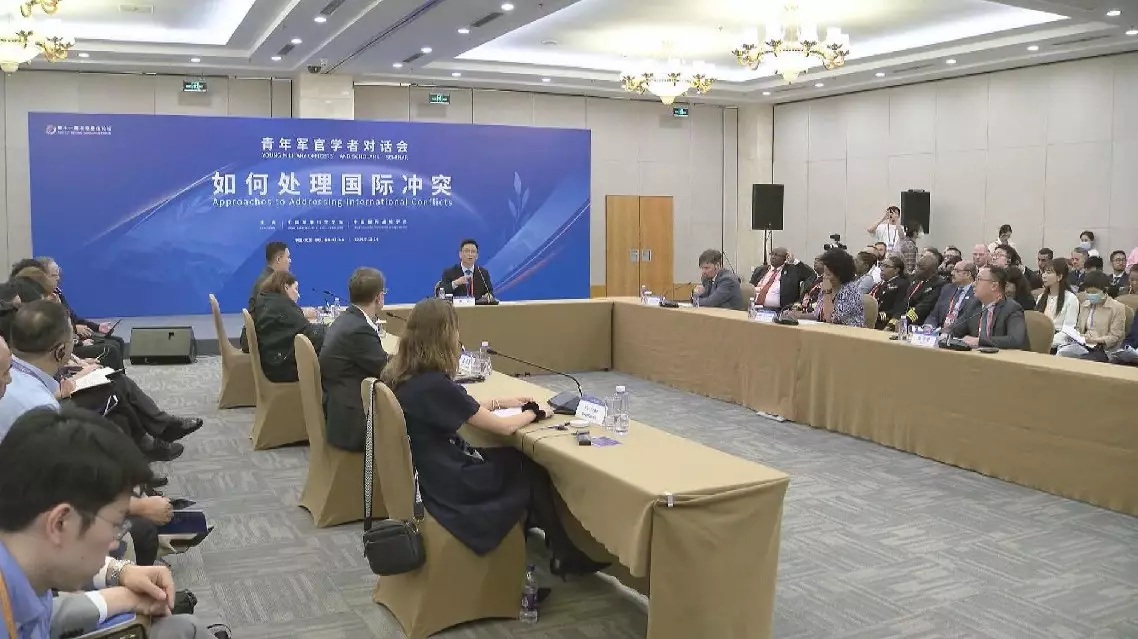
Diplomatic approaches to peacebuilding increasingly needed: Xiangshan Forum attendees


